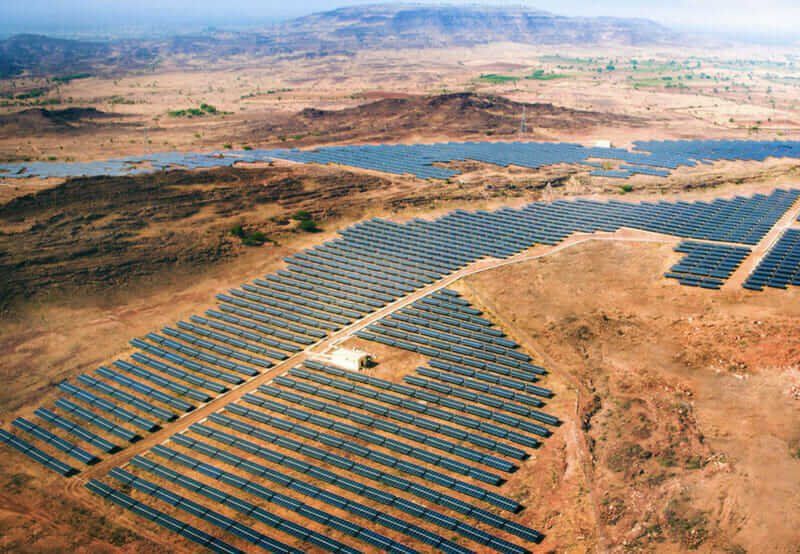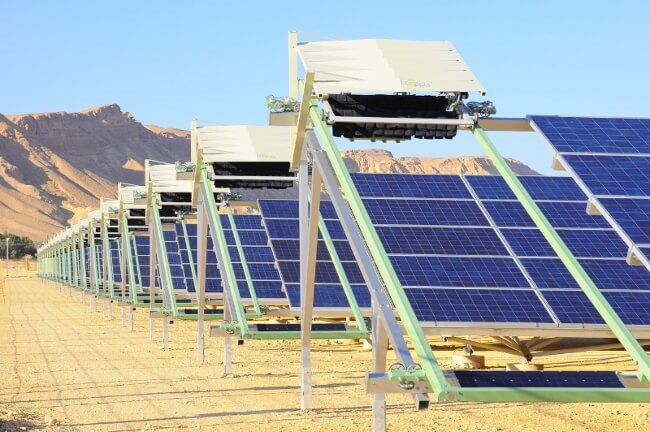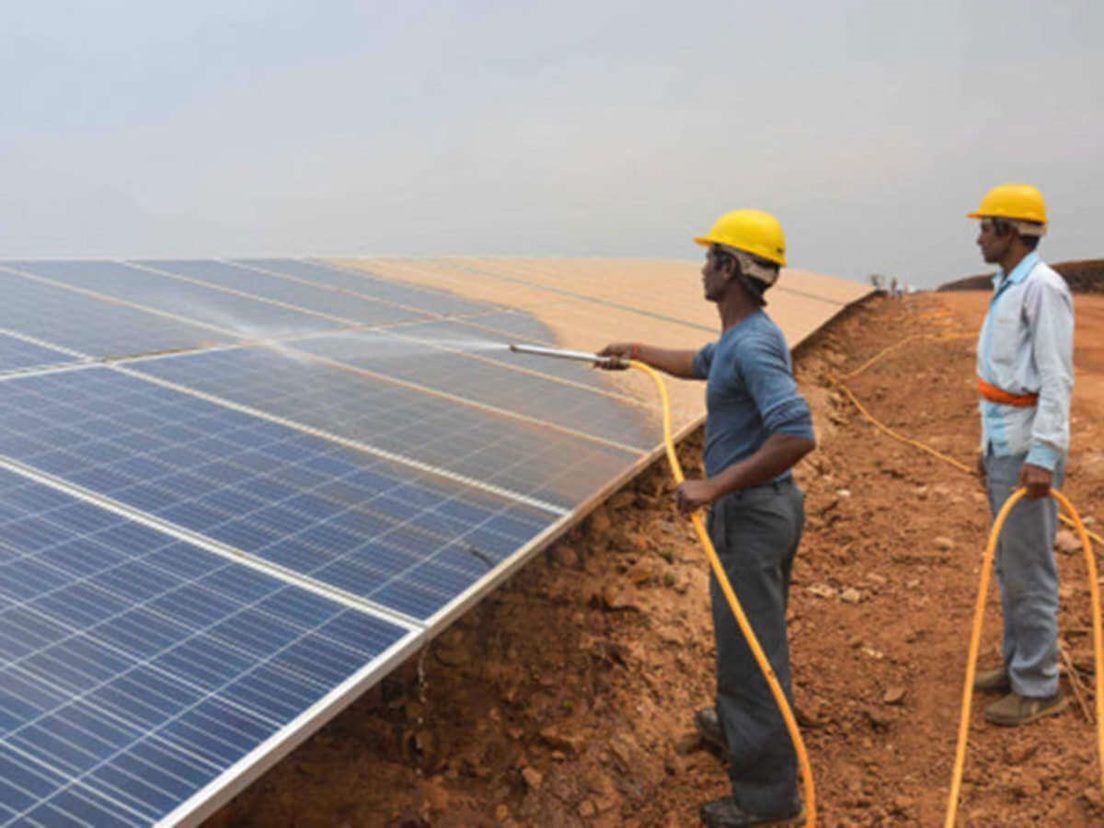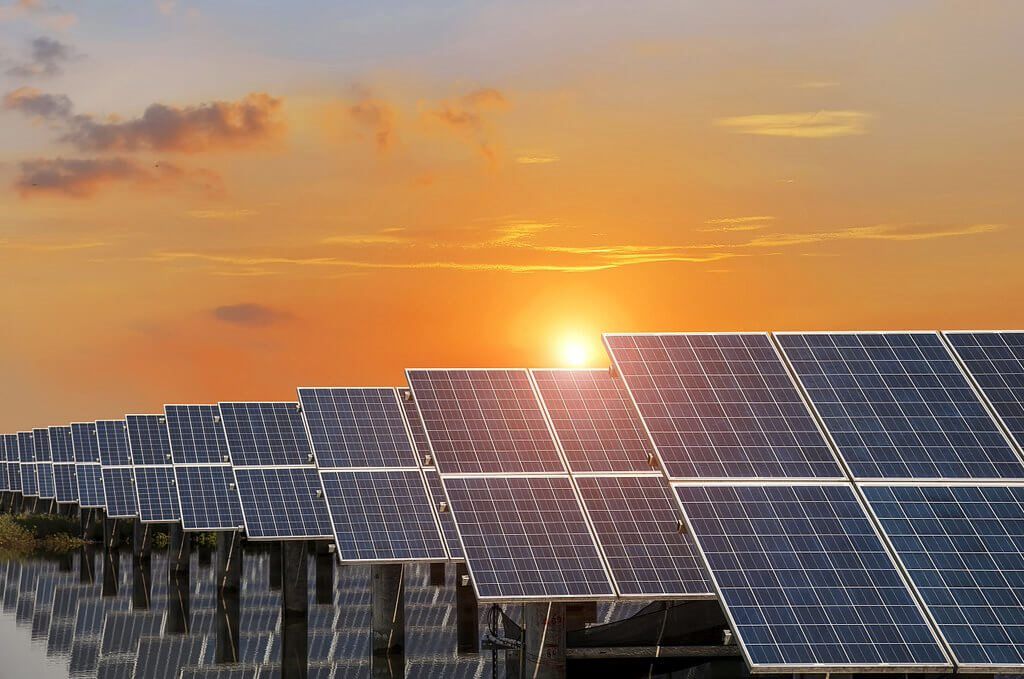Subscribe to our newsletter to receive news and offers.
Your email address is safe with us and will never be shared with third parties. Read more.

We are aware that as a company we have an impact on the climate. Therefore we see it as a matter of course to take responsibility for our emissions. If the world is going to achieve the global climate objectives by 2030 and limit global warming to less than two degrees, we need to both reduce greenhouse gas emissions into the atmosphere and bind the carbon dioxide that has already been released.
In order to calculate exactly how much carbon dioxide we release as a company, we have sought the help of Wellfish, an independent expert that ensures that our process adheres to the international calculation and accounting standard, the Greenhouse Gas Protocol.
We use experts to measure exactly how much carbon dioxide we release, and we really do mean everything: manufacture of our materials, production of products, and transport of materials both to us and then on to our customers. We even measure how our employees get to work!
These days measuring alone is not enough! We are actively working to reduce our emissions. We therefore agree an annual action plan and get the whole company involved in achieving the goals we agree. Examples of how we are working to reduce carbon dioxide emissions include everything from setting up 474 solar panels on the roof to sourcing new climate-smart sign materials.
Carbon offsetting involves an investment in projects that reduce emissions beyond your own operations. Our total emissions in the previous financial year amounted to 701,3 tonnes of carbon dioxide. To allow for a margin of error, we have chosen to offset an additional 10%. This means that we bind 772 tonnes of carbon dioxide through a certified carbon offset project.




We have chosen to offset carbon emissions by investing in the solar project "Bhadla Solar Power Plant" which generates clean electricity in India using solar energy as a renewable energy source. The project has been certified by Gold Standard, the only certification standard approved and trusted by more than 80 international environmental organisations.
